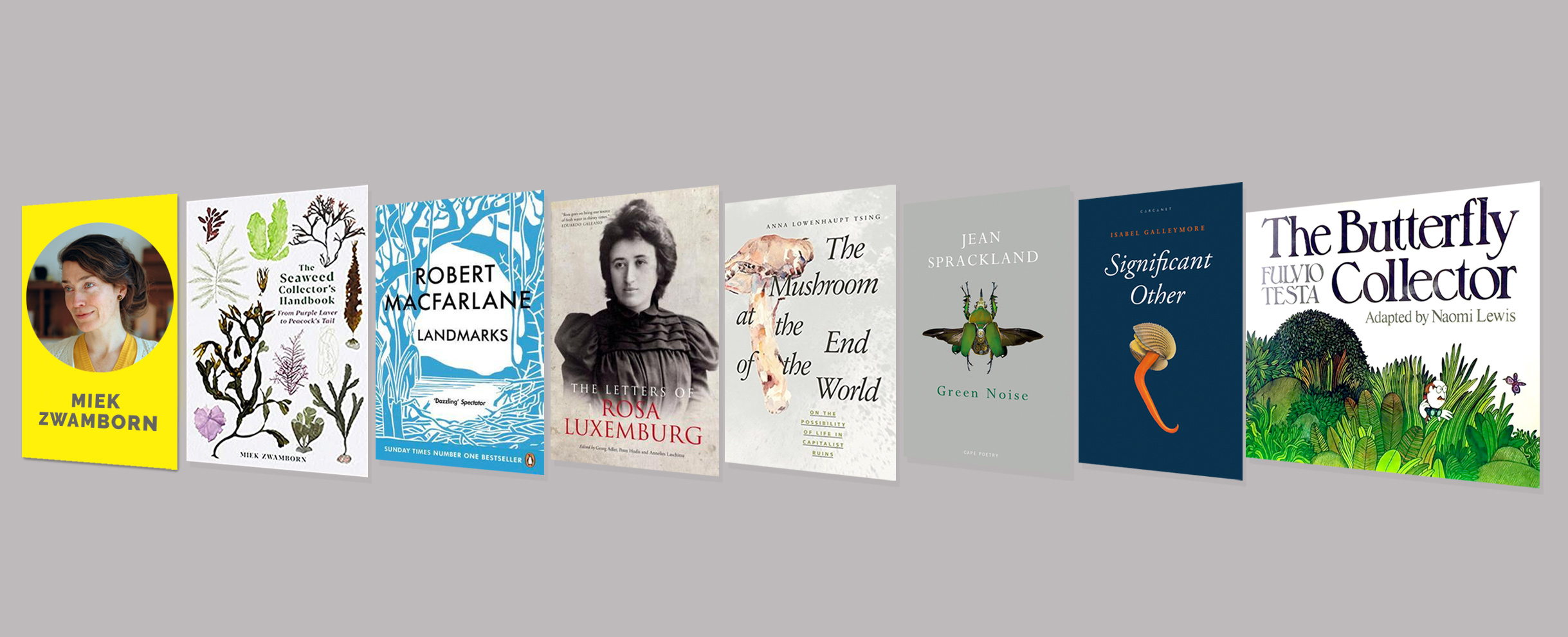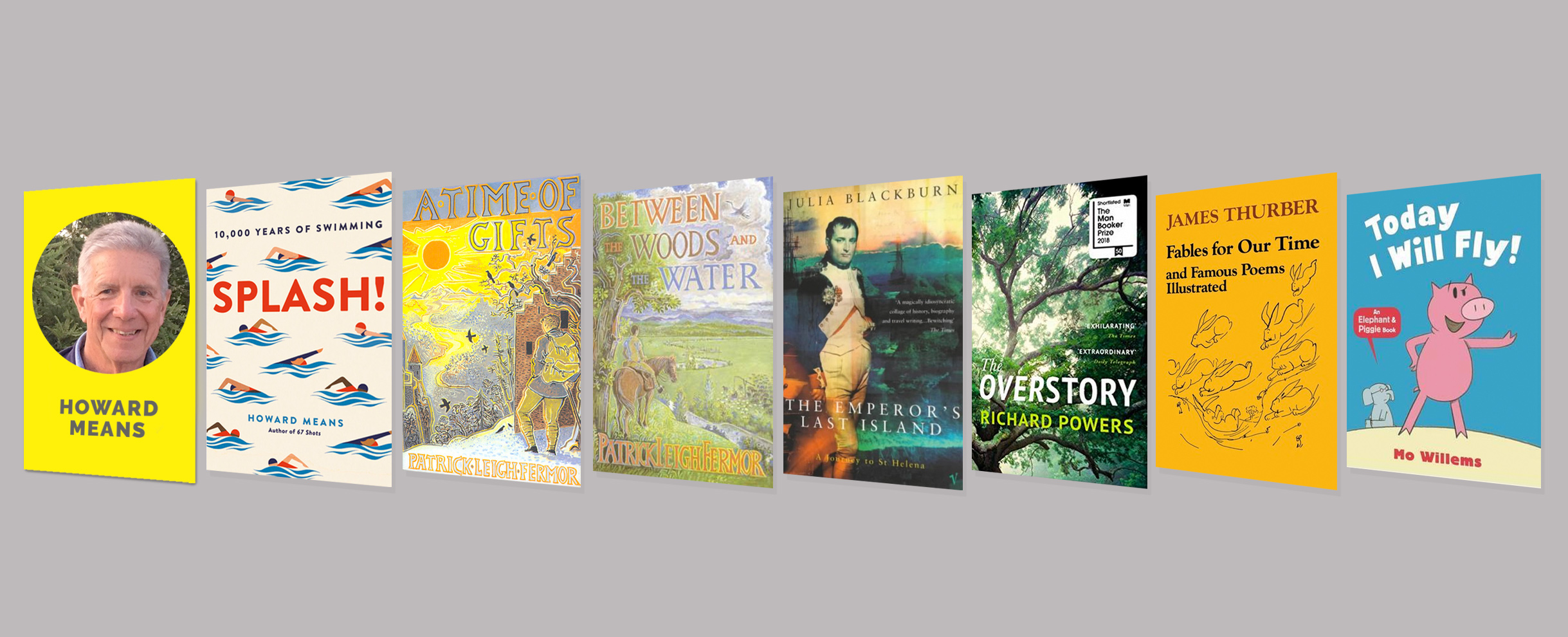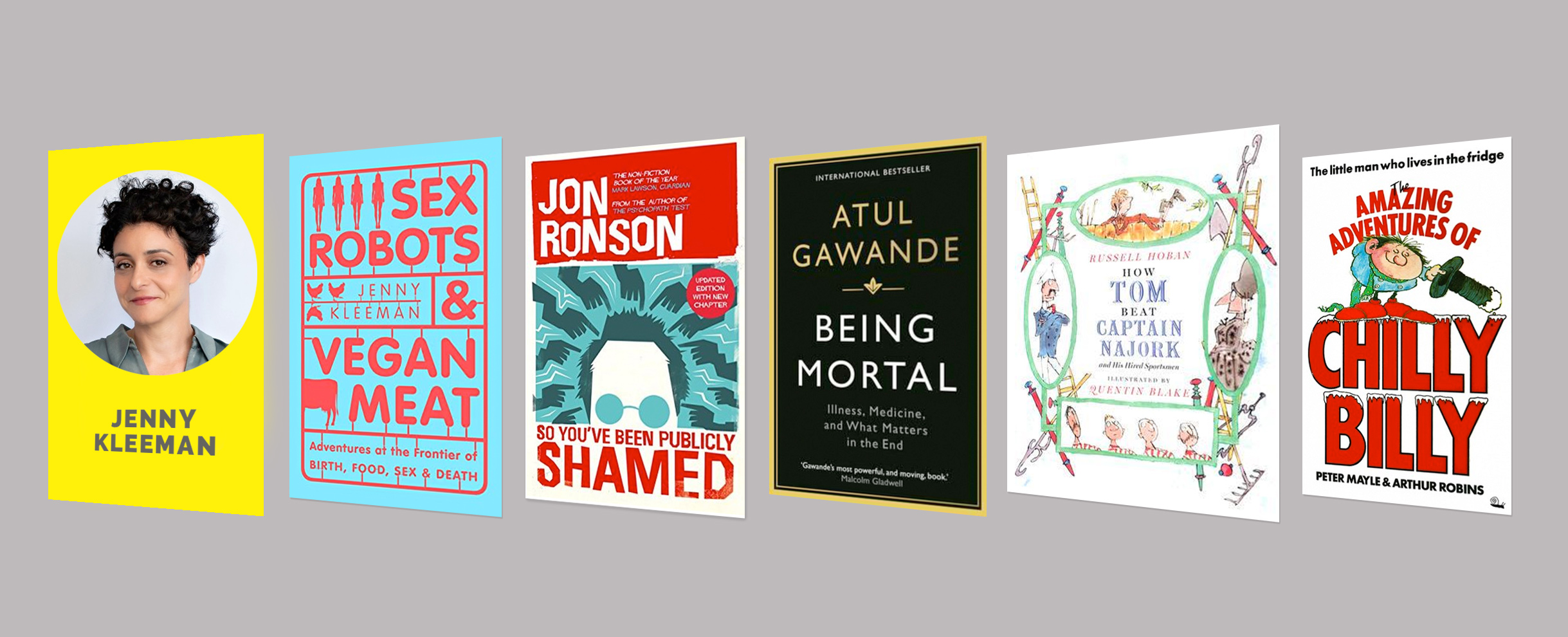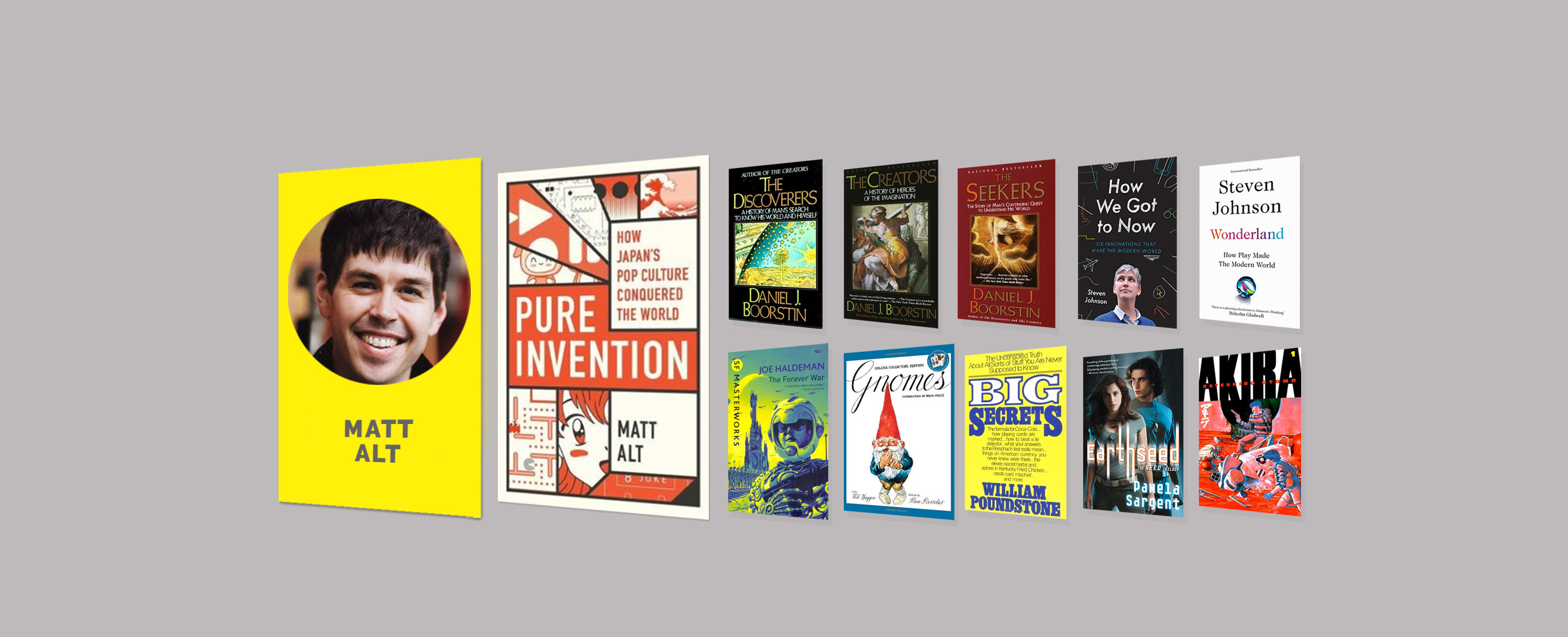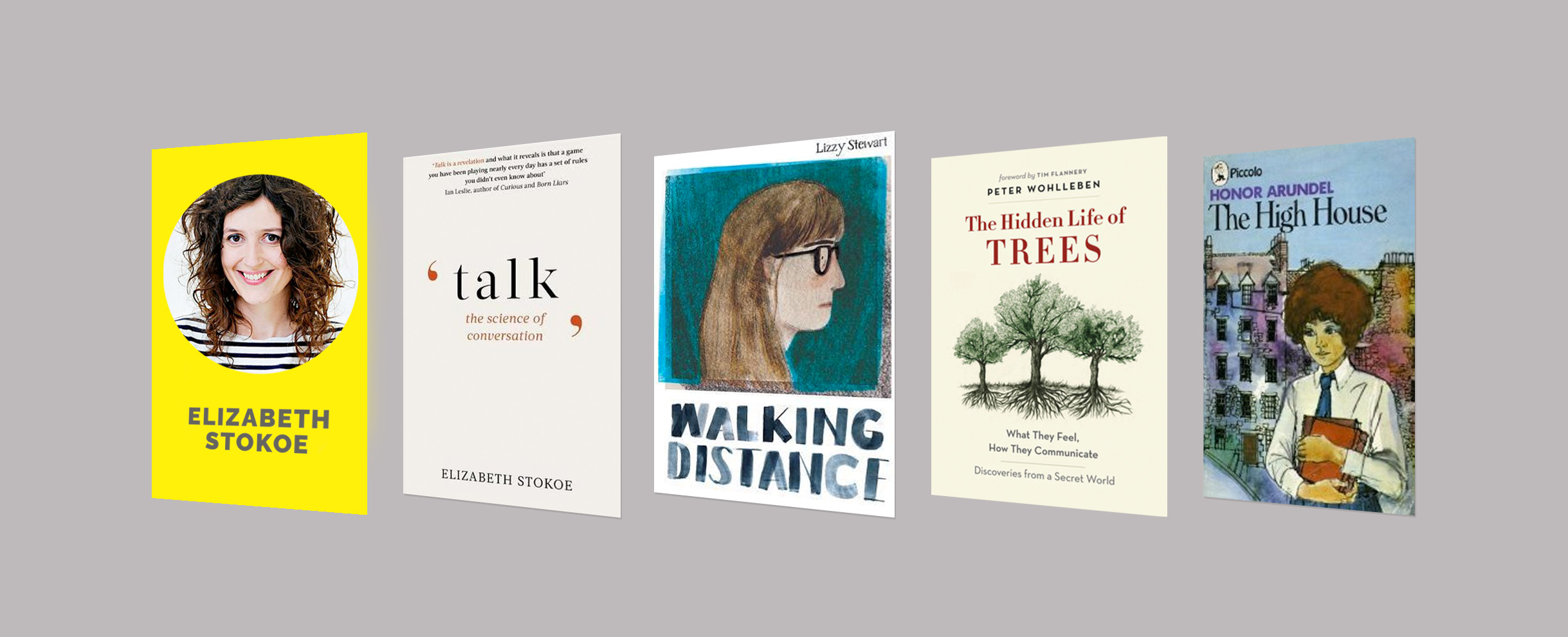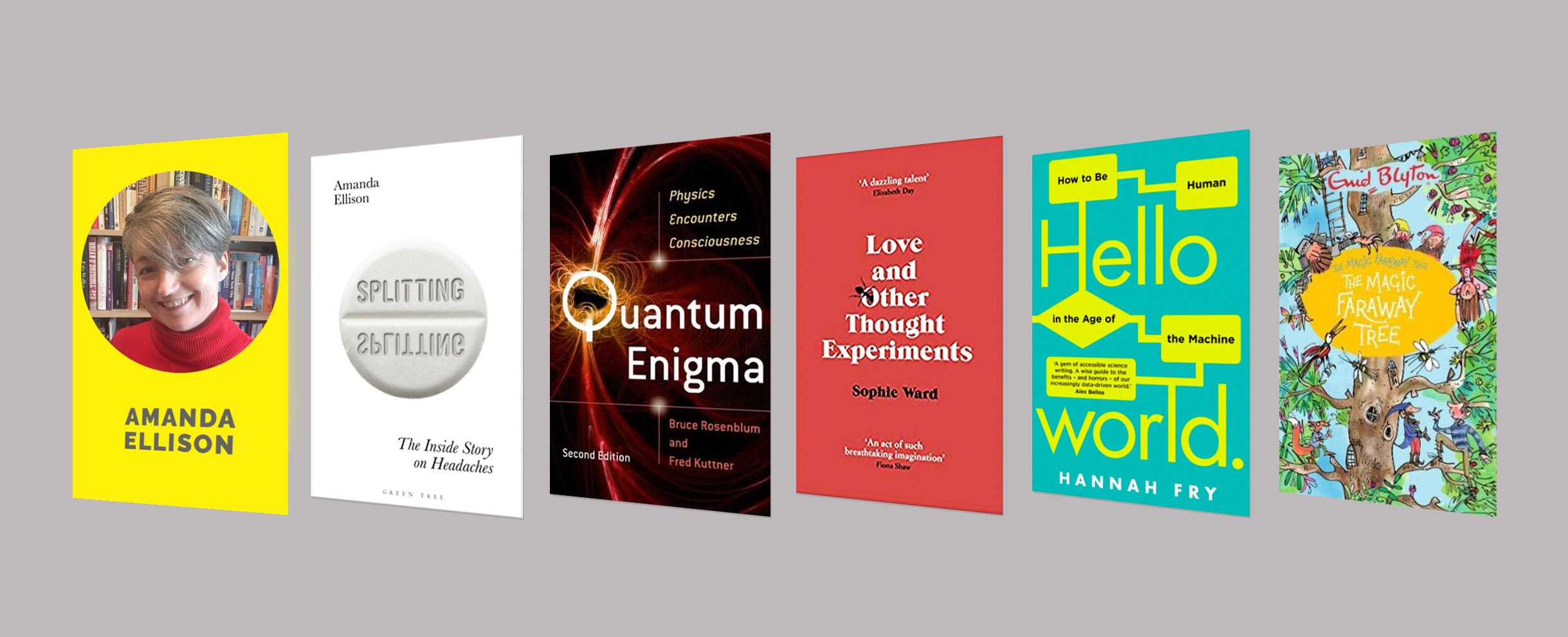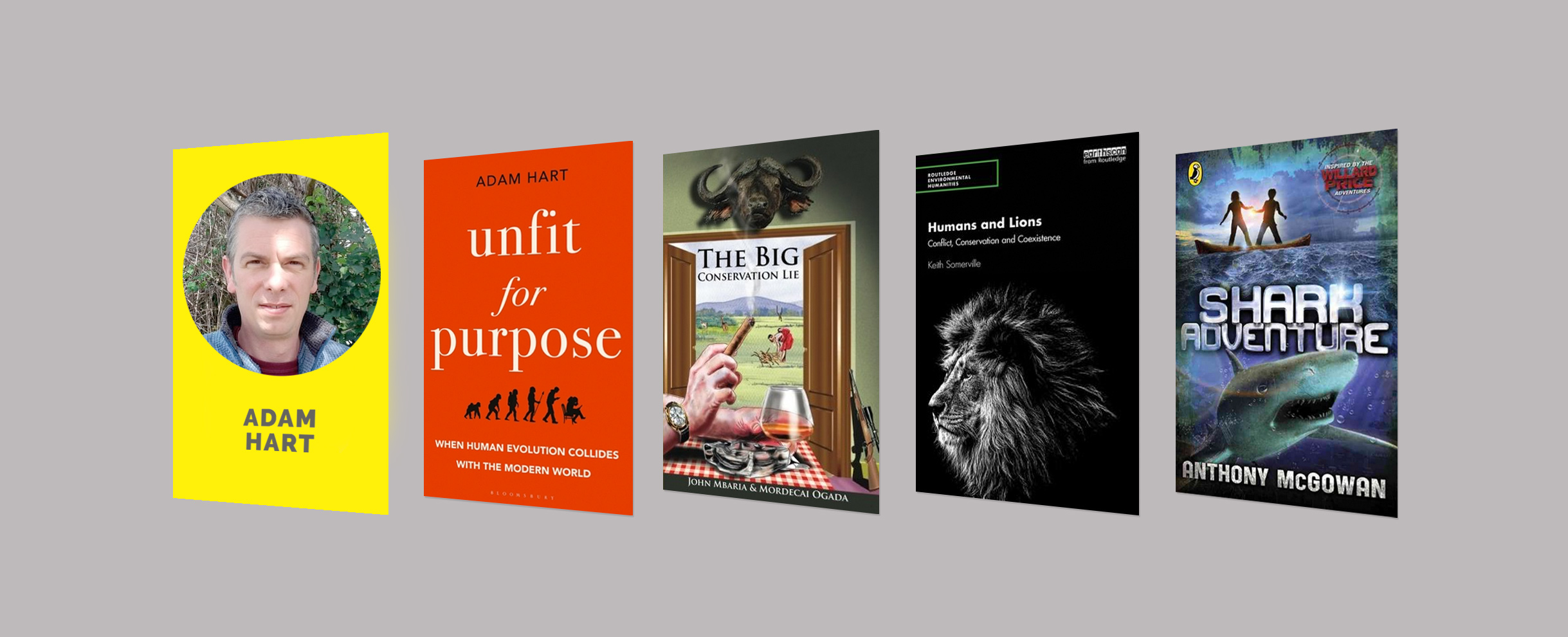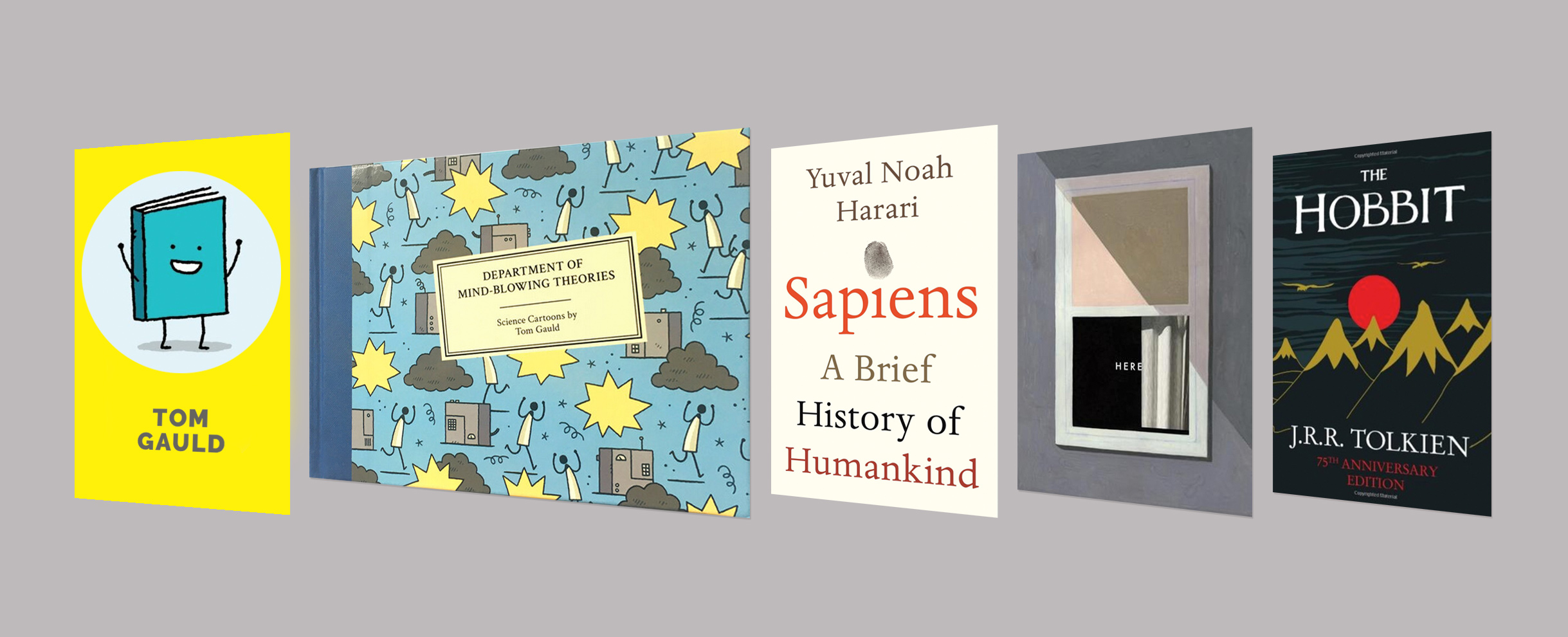Interview with A. Kendra Greene, author of The Museum of Whales You Will Never See : Travels Among the Collectors of Iceland
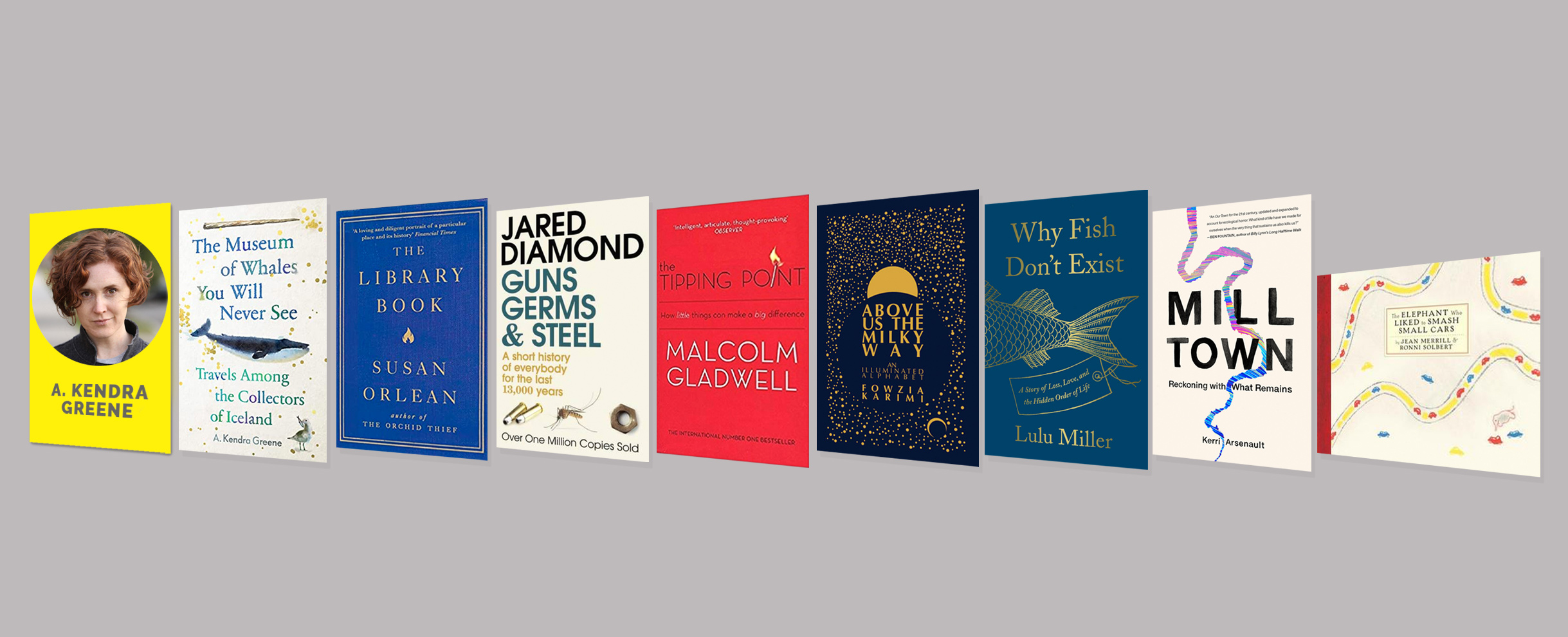
A. Kendra Greene, author of The Museum of Whales You Will Never See : Travels Among the Collectors of Iceland, this week recommends some great books! Before jumping into the interview, please check out A. Kendra's book:
Review from Book Depository:
Welcome to Iceland, a very small nation with a very large number (two hundred and sixty five) of (mostly) very small museums.
(All affiliate links earn commission from purchases that help fund this site. Prices accurate at time of writing)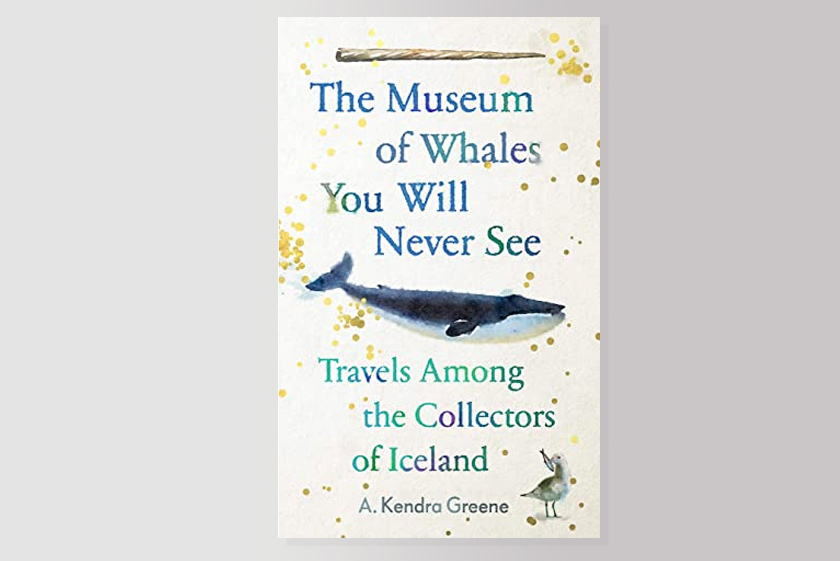
The Museum of Whales You Will Never See : Travels Among the Collectors of Iceland
Founded in the backyards of houses, begun as jokes or bets or memorials to lost friends, these museums tell the story of an enchanted island where bridges arrived only at the beginning of the 20th century, and waterproof shoes only with the second world war. A nation formerly dirt poor, then staggeringly rich, and now building its way to affluence once again. A nation where, in the remote and wild places, you might encounter still a shore laddie, a sorcerer or a ghost.
From Reykjavik's renowned Phallological Museum to a house of stones on the eastern coast; from the curious monsters which roam the remote shores of Bildudalur to a museum of whales which proves impossible to find, here is an enchanted story of obsession, curation, and the peculiar magic of this isolated island.
Buy On:
Book Depository €12.89
Waterstones £14.99
Wordery $14.81
Q. Do you have a favourite smart thinking book (and why that book)?
Susan Orlean’s The Library Book(for its uncovering of story hidden right in front of us), Jared Diamond’s Guns, Germs, and Steel (so sweeping and original a reframing), and Malcom Gladwell’s Tipping Point come immediately to mind (I find the latter’s discussion of “bandaid solution” especially worth lingering on). But I have to advocate for Fowzia Karimi’s striking investigation of memory, place, and the ravages of war in Above Us The Milky Way.
Review From Book Depository:
After moving to Los Angeles, Susan Orlean became fascinated by a mysterious local crime that has gone unsolved since it was carried out on the morning of 29 April 1986: who set fire to the Los Angeles Public Library, ultimately destroying more than 400,000 books, and perhaps even more perplexing, why?
(All links earn commission from purchases. Prices accurate at time of writing) Review From Book Depository:
Why has human history unfolded so differently across the globe? And what can it teach us about our current crisis?
(All links earn commission from purchases. Prices accurate at time of writing) A fascinating break-down and deep dive into how ideas spread and become household names. Contextual factors, structure of the idea and the type of people involved all feed into the momentum needed to reach the tipping point. (All links earn commission from purchases. Prices accurate at time of writing) Debut novel about a young family forced to flee their war-ravaged homeland, forced to leave behind everything & everyone beloved & familiar. Old family photographs & lush watercolor paintings based on medieval illuminated manuscripts interweave with remembrances, ghost stories/stories of the war dead, & fairy tales to conjure a story of war, of emigration & immigration, the remarkable human capacity to experience love & wonder amidst destruction & loss, & how to create beauty out of horror. (All links earn commission from purchases. Prices accurate at time of writing)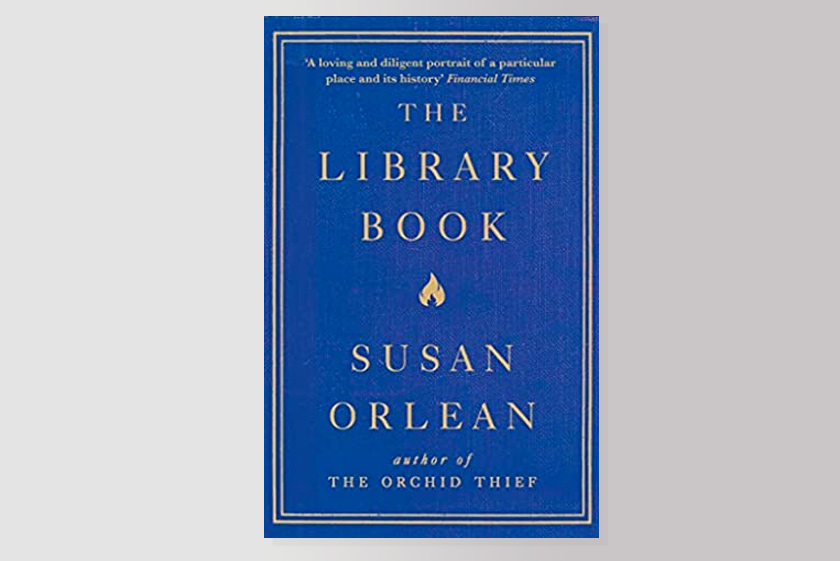
The Library Book
With her characteristic humour, insight and compassion, Orlean uses this terrible event as a lens through which to tell the story of all libraries - their history, their meaning and their uncertain future as they adapt and redefine themselves in a digital world.
Filled with heart, passion and extraordinary characters, The Library Book discusses the larger, crucial role that libraries play in our lives.
Buy On:
Book Depository €9.06
Waterstones £9.99
Wordery $11.52
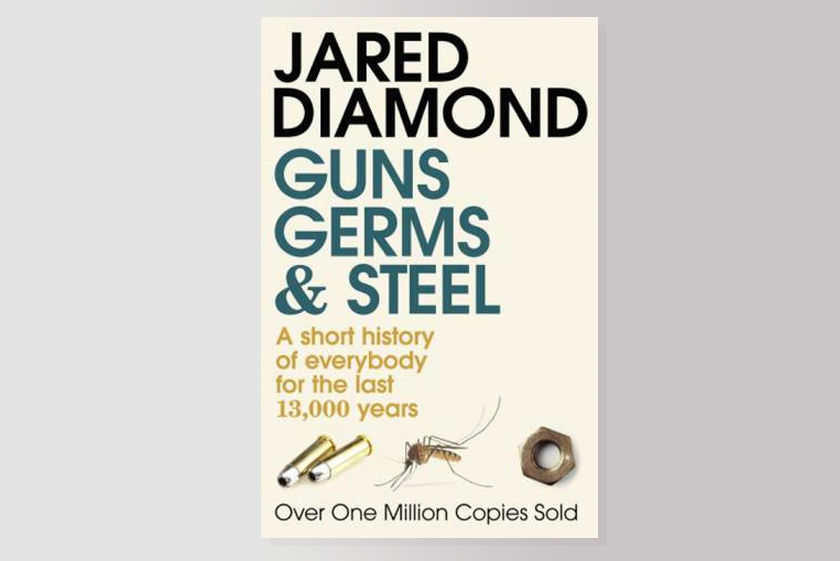
Guns, Germs and Steel: A Short History of Everybody for the Last 13,000 Years
Jared Diamond puts the case that geography and biogeography, not race, moulded the contrasting fates of Europeans, Asians, Native Americans, sub-Saharan Africans, and aboriginal Australians.
An ambitious synthesis of history, biology, ecology and linguistics, Guns, Germs and Steel is a ground-breaking and humane work of popular science that can provide expert insight into our modern world.
Buy On:
Book Depository €9.97
Waterstones £10.99
Wordery $12.21
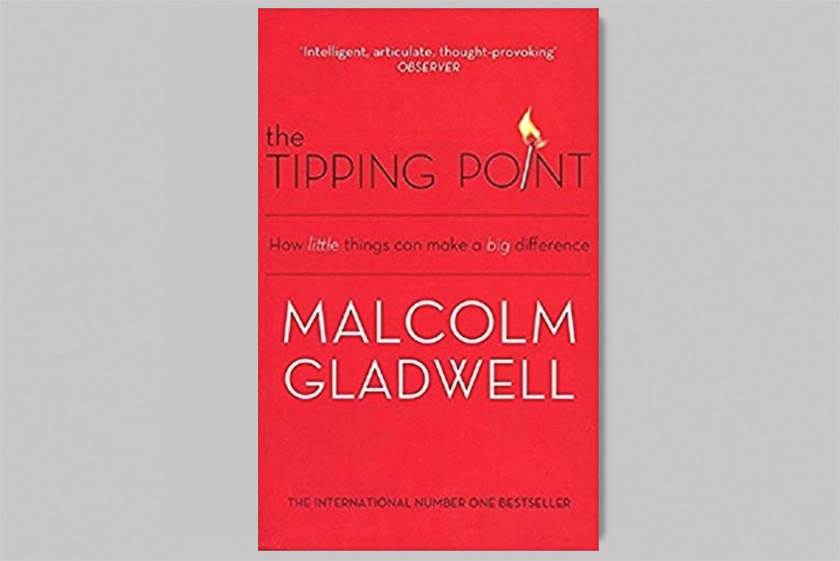
The Tipping Point: How Little Things Can Make a Big Difference
Buy On:
Book Depository €8.79
Waterstones £9.99
Wordery $10.06
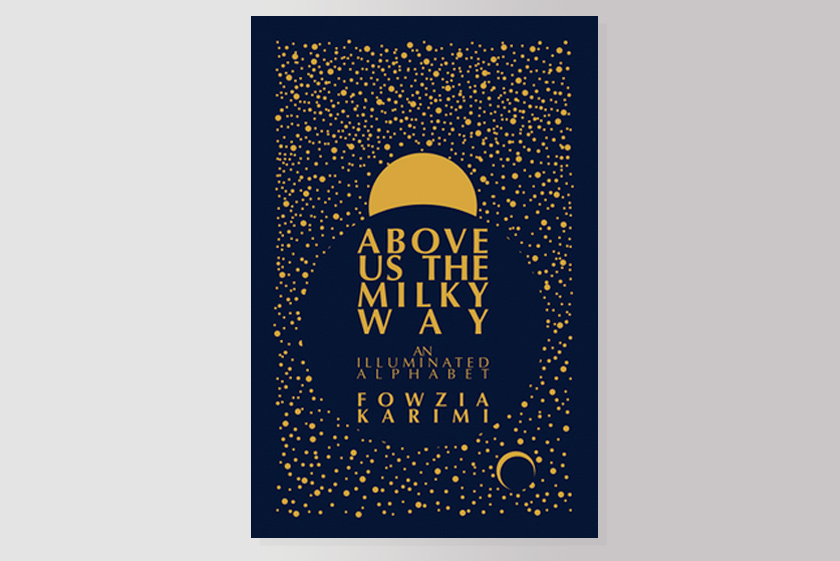
Above Us the Milky Way
Buy On:
Abe Books £18.19
Q. What's the most recent smart thinking book you've read (and how would you rate it)?
I’m totally absorbed by Lulu Miller’s Why Fish Don’t Exist, both for its prose and its grappling with entropy, taxonomy, and the border between compulsion being exhilarating and ruinous. Looking forward a touch, I’m eagerly awaiting the upcoming publication of Toni Jensen’s Carry connecting gun culture and native land, and Kerri Arsenault’s Mill Town examining the legacy of community built around a toxic industry.
Review From Book Depository:
David Starr Jordan was a taxonomist, a man possessed with bringing order to the natural world. In time, he would be credited with discovering nearly a fifth of the fish known to humans in his day. But the more of the hidden blueprint of life he uncovered, the harder the universe seemed to try to thwart him. His specimen collections were demolished by lightning, by fire, and eventually by the 1906 San Francisco earthquake--which sent more than a thousand discoveries, housed in fragile glass jars, plummeting to the floor. In an instant, his life's work was shattered. Many might have given up, given in to despair. But Jordan? He surveyed the wreckage at his feet, found the first fish that he recognized, and confidently began to rebuild his collection. And this time, he introduced one clever innovation that he believed would at last protect his work against the chaos of the world.
(All links earn commission from purchases. Prices accurate at time of writing) Review From Book Depository:
A galvanizing and powerful debut, Mill Town is an American story, a human predicament, and a moral wake-up call that asks: what are we willing to tolerate and whose lives are we willing to sacrifice for our own survival? Kerri Arsenault grew up in the rural working class town of Mexico, Maine. For over 100 years the community orbited around a paper mill that employs most townspeople, including three generations of Arsenault's own family. Years after she moved away, Arsenault realized the price she paid for her seemingly secure childhood. The mill, while providing livelihoods for nearly everyone, also contributed to the destruction of the environment and the decline of the town's economic, physical, and emotional health in a slow-moving catastrophe, earning the area the nickname "Cancer Valley."
(All links earn commission from purchases. Prices accurate at time of writing)
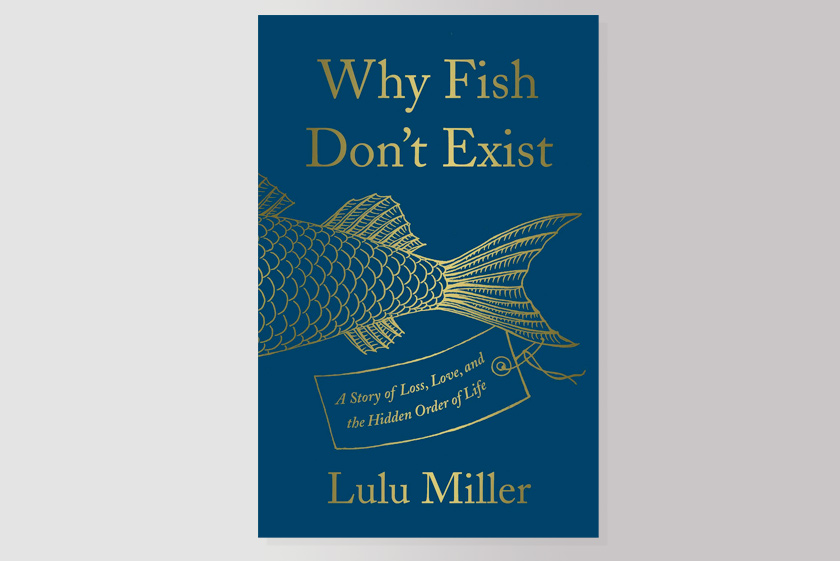
Why Fish Don't Exist : A Story of Loss, Love, and the Hidden Order of Life
When NPR reporter Lulu Miller first heard this anecdote in passing, she took Jordan for a fool--a cautionary tale in hubris, or denial. But as her own life slowly unraveled, she began to wonder about him. Perhaps instead he was a model for how to go on when all seemed lost. What she would unearth about his life would transform her understanding of history, morality, and the world beneath her feet. Part biography, part memoir, part scientific adventure, Why Fish Don't Exist is a wondrous fable about how to persevere in a world where chaos will always prevail.
Buy On:
Book Depository €12.85
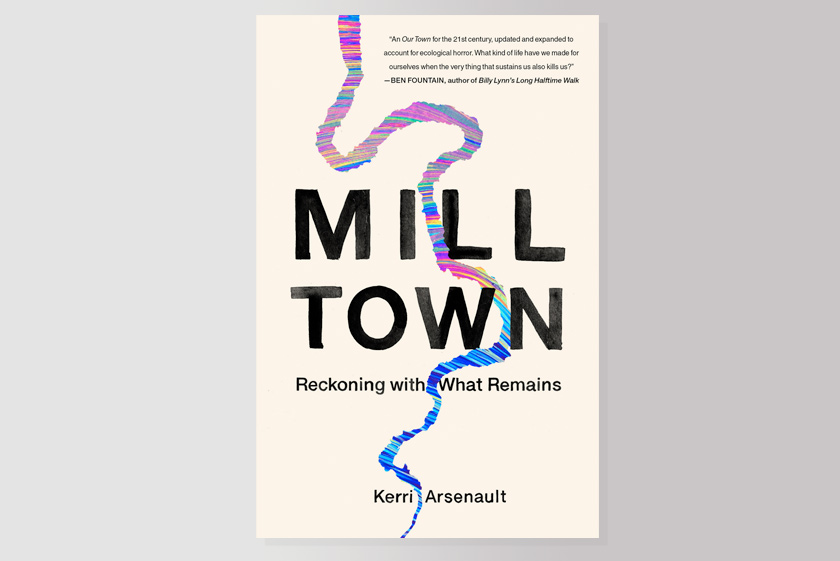
Mill Town: Reckoning with What Remains
Mill Town is an personal investigation, where Arsenault sifts through historical archives and scientific reports, talks to family and neighbors, and examines her own childhood to illuminate the rise and collapse of the working-class, the hazards of loving and leaving home, and the ambiguous nature of toxics and disease. Mill Town is a moral wake-up call that asks, Whose lives are we willing to sacrifice for our own survival?
Buy On:
Book Depository €21.16
Q. Do you have a favourite childhood book?
Roald Dahl was a constant companion, but if I think about the one book that’s been a touchstone forever, it’s Jean Merrill and Roni Solbert’s The Elephant Who Liked to Smash Small Cars. It’s a beautiful collaboration by writer and illustrator, and really very thoughtful about desire and the accommodations we make to live together, but it was a favorite in our family at least in part for a jaunty tune about loving to smash small cars.
Review From Book Depository:
What is your favorite thing to do in the whole world? Whatever it is, odds are that you don't like doing it as much as the elephant in this book enjoys smashing small cars. He'll smash any small car that drives down his road. He smashes yellow cars, he smashes blue cars, he smashes red cars, all the while singing a special car-smashing song. Then one day a man comes to town and opens a small-car store right on the elephant's road. You can probably guess what the elephant does next, but the real fun starts when the man turns the tables on the elephant--and his plan is a smashing success. Jean Merrill's story of gleeful destruction, revenge, and conciliation is accompanied by Ronni Solbert's colorful crayon drawings. Rarely has property damage looked so adorable.
(All links earn commission from purchases that help fund this site. Prices accurate at time of writing)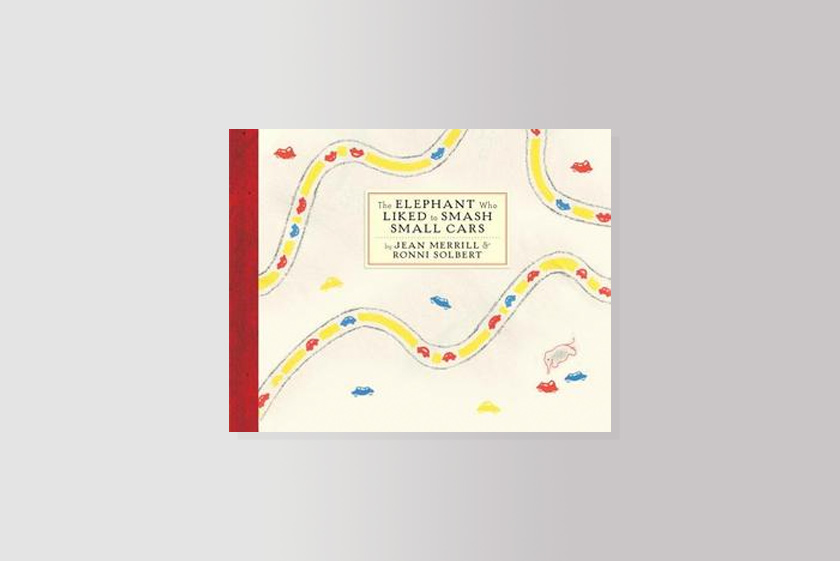
The Elephant Who Liked to Smash Small Cars
Buy On:
Book Depository £12.85
Q. Do you prefer reading on paper, Kindle or listening to an audiobook?
The codex is a phenomenal technology. I really love all the things a book as object is capable of — why the shape of a text block matters, the thrill of small caps, the power and delight of maps and drawings and appendices, all the solutions of how to communicate that have become conventions of front matter or back matter or design. But I admire the accessibility represented by audiobooks, and I will say having the chance to record my own was about as much fun as I’ve ever had.
Q. Do you have a favourite bookshop (and why that shop)?
Bart’s Books is the iconic, open-air, used to new to antiquarian, stocked shelves and an honor box on the outside walls in case you drop by after sunset, landmark bookstore of my hometown. It’s all the more endearing for now being run by an old classmate who used to skip school to thumb through its offerings.
Many thanks to A. Kendra for answering my questions and for some fascinating recommendations! Please don't forget to check out her book The Museum of Whales You Will Never See : Travels Among the Collectors of Iceland.
Daryl
Image Copyrights: GRANTA BOOKS (The Museum of Whales You Will Never See), ATLANTIC BOOKS (The Library Books), Vintage Publishing (Guns, Germs and Steel), Little, Brown & Company (The Tipping Point), Deep Vellum Publishing (Above Us The Milky Way), SIMON & SCHUSTER (Why Fish Don't Exist), St. Martin's Press (Mill Town), The New York Review of Books, Inc (The Elephant Who Liked to Smash Small Cars)
< Home

